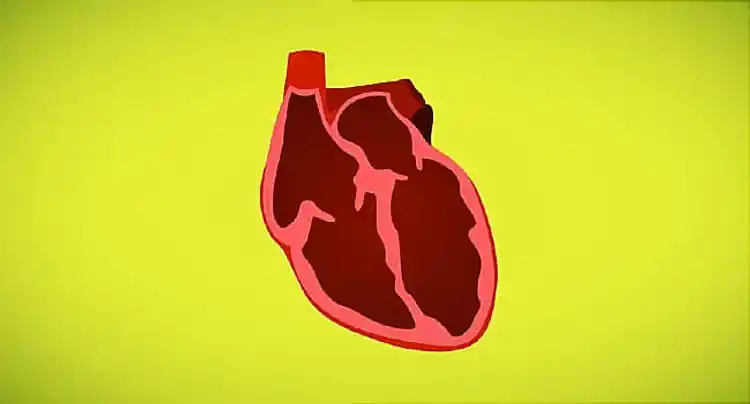What’s AFib?

Hide Video Transcript
Video Transcript
Your heart is wired to beat up to 100,000 times a day. Tiny, electrical signals create a constant pulse that controls the rate and rhythm of each beat. But sometimes, the heart's electrical system gets faulty, causing it to beat abnormally. One common type of irregular heartbeat is Atrial Fibrillation -- or AFib for short.
With AFib, the upper chambers of the heart -- the atria -- 'fibrillate' or quiver erratically. When this happens, blood doesn't get pumped into the ventricles like it should, and blood pools in the atria. Clots can form that break free and travel...causing a dangerous risk of heart attack and stroke and an increased risk of heart failure.
Many people with AFib don't have any symptoms at all, while others may have chest pain, a rapid heartbeat, or dizziness. While most AFib episodes aren't usually life threatening, it can be part of an underlying heart condition. Your doctor may suggest treatments like medication to prevent blood clots... Or surgery to implant a pacemaker.
So talk to your doctor about AFib... And find out what you can do to stay heart healthy.
With AFib, the upper chambers of the heart -- the atria -- 'fibrillate' or quiver erratically. When this happens, blood doesn't get pumped into the ventricles like it should, and blood pools in the atria. Clots can form that break free and travel...causing a dangerous risk of heart attack and stroke and an increased risk of heart failure.
Many people with AFib don't have any symptoms at all, while others may have chest pain, a rapid heartbeat, or dizziness. While most AFib episodes aren't usually life threatening, it can be part of an underlying heart condition. Your doctor may suggest treatments like medication to prevent blood clots... Or surgery to implant a pacemaker.
So talk to your doctor about AFib... And find out what you can do to stay heart healthy.
